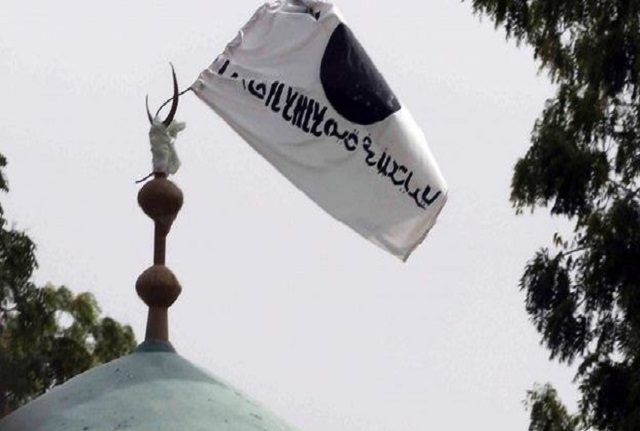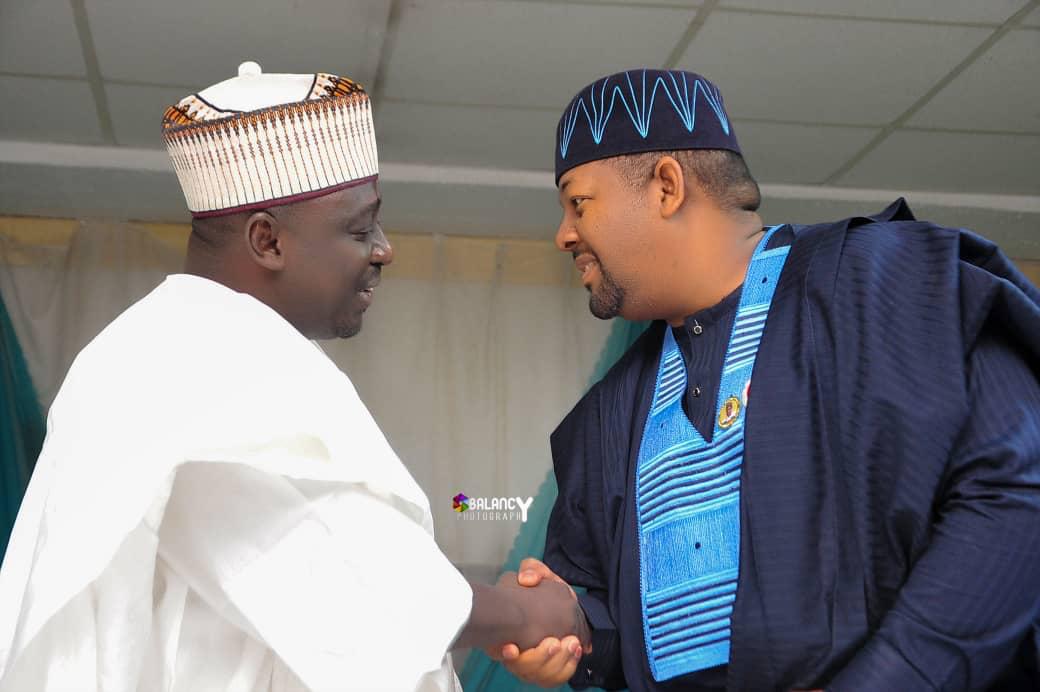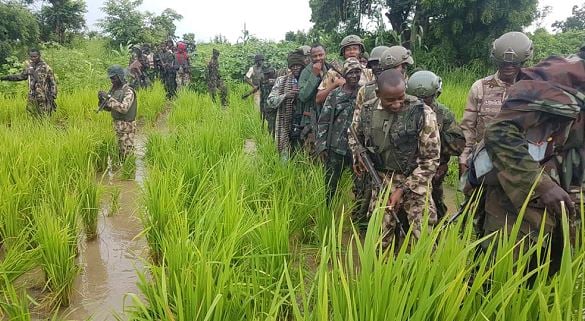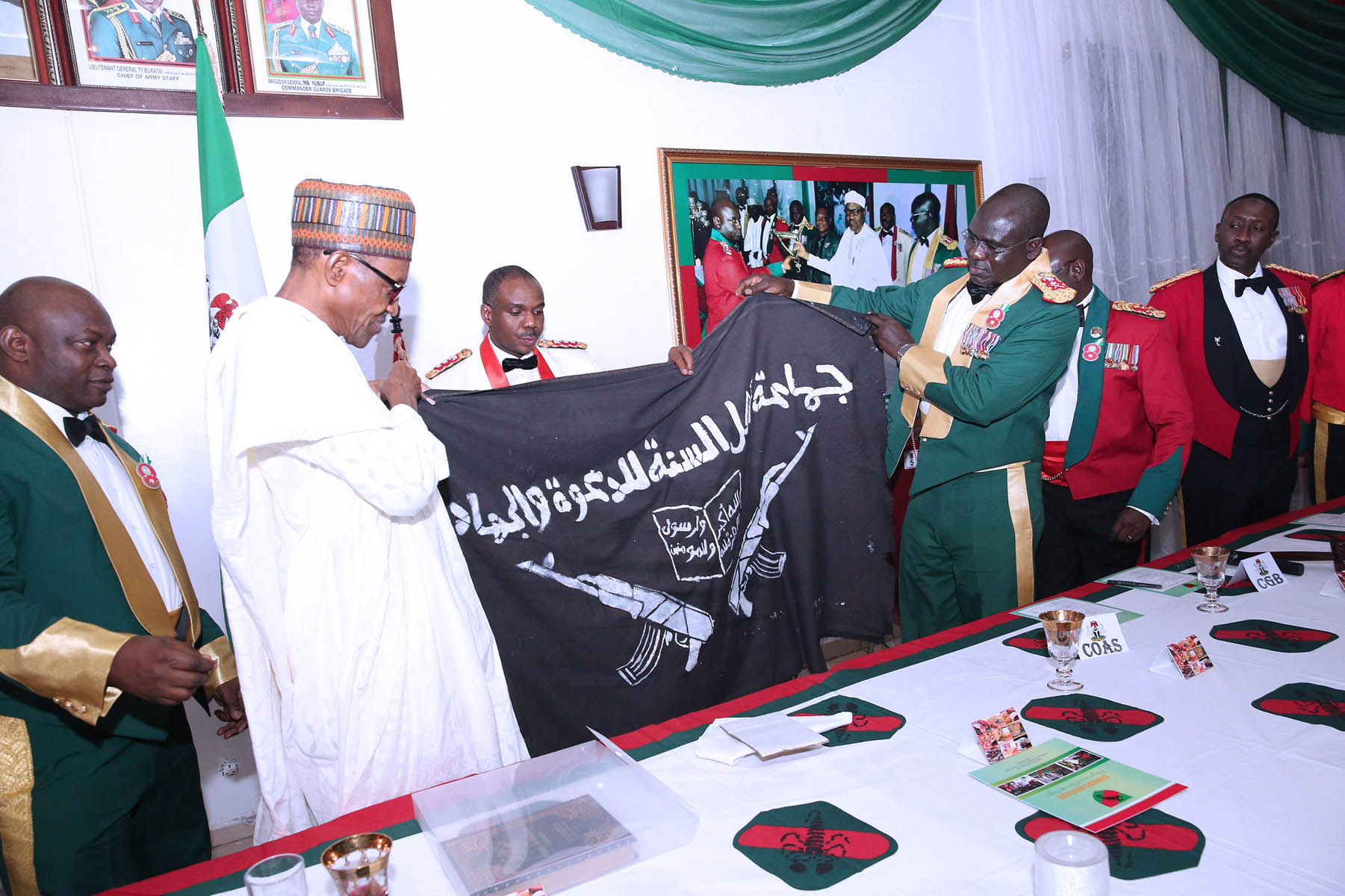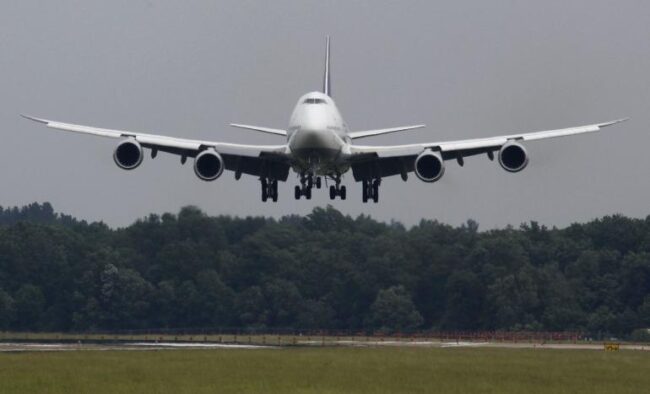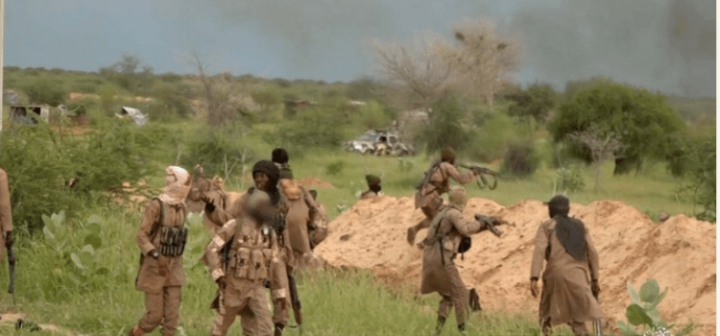BY OKANGA AGILA
Globally, two facets of terrorism have been identified. There is the field combats and; its latest variation, the cyberspace terrorism. In the latter category, terrorists or their hirelings/agents are engaged for active propaganda to promote their atrocious acts. And as it is known with information, it is a potent weapon in fighting any cause. Most times, the terrorists embark on falsehood or outright fabrications of tales to flaunt their might. However, whatever is churned out tends to influence public perceptions and opinions on any matter.
America has realized the danger of terrorists’ propaganda and disinformation. So, in the year, 2017, US Congress voted $80 million to battle terrorists’ propaganda and Russian disinformation. It also upgraded its Center for Strategic Counterterrorism Communications, domiciled in the US State Department of Global Engagement Center to tackle global terrorists’ propaganda. And in the year 2018, similar budgetary votes were authorized by Congress for countering terrorists’ propaganda.
If mighty countries such as America have recognized and stood up against terrorists’ propaganda, it underscores the seriousness and potential danger posed by cyberspace terrorism. It echoes loudly, the power of the pen, against the sword; it conveys in plain diction that winning the war on terrorism means much more than battlefield combats by soldiers.
Advertisement
Nigeria is also not oblivious of the danger cyberspace terrorism has posed to the counter-terrorism operations in the country. Nigeria’s Chief of Army Staff (COAS) and, ombudsman of the counter-insurgency operations, Lt. Gen. TY Buratai sensed the deviation into cyberspace terrorism by Boko Haram insurgents as far back as 2016. He moved sharply against this brand of terrorism and overwhelmed the terrorists with proactive counter propaganda.
However, what has remained troublesome is the failure of home-based media to enlist into the battle by positively fighting the Boko Haram evil against the Nigerian state. For over two years, a greater number of Nigerian media houses have aligned more with the propaganda proclivity of terrorists rather than side with the Nigerian troops or the Nigerian people. There are very few are exemptions, anyway; but unfortunately, majority of our media platforms dance to the lyrics of terrorists.
Home-based media hasten to publish terrorists’ propaganda, which emboldens them with the illusive sense of triumph against the country and her peoples. This is where the snag lies because it is an indisputable disservice to Nigeria. It is inexplicable why a section of the Nigerian media feels it is only soldiers in the trenches that are mandated to fight and win the war on terror. But everywhere and overtime, a patriotic media sides with the state against its enemies.
Advertisement
That’s why the posture of the Nigerian media over the terrorism combat is deemed flawed, notwithstanding the imposing demand of “breaking news.” But how many people are consoled with news of deaths of their own people which instantly creates unimaginable consequences for families, friends and, in homes?
There ought to be a synergy between Nigerian troops and the Nigerian media, if the war against Boko Haram terrorists must be won flatly and within reasonable time. So, patriotism and understanding by all stakeholders is needed to pursue this worthy cause.
History is a very honest teacher. Nigeria is now facing a scenario akin to what America faced during its struggles for independence. While George Washington, who later became America’s first President led the Patriot forces in the American Revolutionary war to secure victory against Britain, his efforts were supported back home through propaganda against Great Britain.
For example, a pamphleteer, Thomas Paine deployed his commonsense in writings that promoted American independence. At the home front, Paine patriotically proved to America’s adversaries that the pen is mightier than the sword, by spreading the message of the inevitability of American independence. He never allowed the enemies a minute thought that the battle of American troops would be vain.
Advertisement
It rekindled the spirit of troops at the war front and energized the hearts or faith of his country men and women back home for the struggle. With these collective efforts against a common enemy, America laughed last and to the eternal glory of every American. The team work paid eventually.
So, it is not too much sacrifice to demand from Nigerian media to replicate Thomas Paine’s simple example, which impacted in many ways in favour of America, but against the enemies. If field terrorism has morphed into cyberspace terrorism, what joy is derivable from amplifying their devilish and atrocious acts through media publications; some of which are outright falsehood, but which bolster the courage of terrorists, their agents and sponsors?
For the Nigerian media to demonstrate true hatred for terrorists, it is in their exclusive realm to battle Cyberspace terrorism. By virtue of their trade, they are the official and professional combatants of this brand of terrorism. Nigerian journalists are gifted and patriotism beckons on them to devote this rare asset or talents to the service of their fatherland, in the same manner troops have channeled their military proficiency in battling insurgents at the warfront.
Therefore, it will be complementarily exciting that whilst Gen. Buratai and troops are at the battlefront against terrorists, Nigerians back home should imbibe the Thomas Paine spirit by playing the needful roles. Partisanship should not infiltrate the media on this score. This would undoubtedly energize troops with the best of morale.
Advertisement
Candidly, Cyberspace terrorism is not a battle for the Nigerian Army or the military or other security agencies. Can the Nigerian media boast of a meaningful contribution to the battle against terrorism? It is doubtful.
Nigeria must resolve today that the country will completely defeat Boko Haram, both on the field and on the cyberspace. The determination to reduce insurgents to naught and pulling down their most hideous protective havens should now wane. This is a wake-up call for the Nigerian media to prove that truly, the pen is mightier than the sword by blighting and collapsing insurgents’ propaganda against the Nigerian state.
Advertisement
That’s why it is very unwise and absurd for the media to keep asking the FGN or the Military leadership to disclose weapons it has procured to fight terrorism. Such disclosures amounts to arming your enemy with your fighting strength for him to go for weapons far superior and sophisticated than what is in the armoury of Nigerian military.
Therefore, the responsibility of battling insurgency has shifted to other segments of the Nigerian state with the emergence of cyberspace terrorism. There is every compelling need for the Nigerian media to pick up the gauntlet from now onwards on the side of Nigeria.
Advertisement
It will be damn too wrong, If Nigerians, especially, media practitioners or experts droop on this patriotic obligation to their father land. The world will laugh at Nigeria if its own media allow terrorists to win the war on cyberspace or social media, with the confrontational and fake propaganda against the Nigerian military.
If by happenstance Nigerian media donates its services to the triumph of terrorists; it will imply a pathetic betrayal of the sacrifices of our fallen heroes and the Nigerian troops still fighting day and night to extricate Nigeria from the manacles of terrorism. Insecurity, particularly, terrorism is a collective battle and all Nigerians have a role to play in favour of our father land. And the time is now.
Advertisement
Okanga wrote this piece from Agila, Benue
Add a comment
